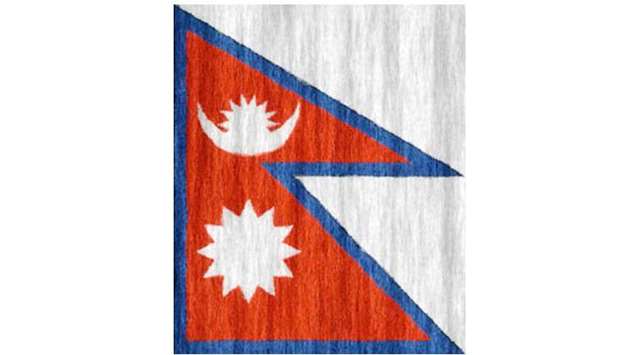According to the Election Commission of Nepal, 52 candidates from different political parties are vying for the 32 seats in Province 1, 3, 4, 5, 6 and 7.
The commission said the voting was not required in Province 2 where all eight candidates have been elected
unopposed.
The National Assembly will have 59 members. Of them, 56 will be elected by an electoral college comprising assembly members of the seven provinces and chiefs and deputy chiefs of municipalities and rural municipalities.
Similarly, three will be nominated by the president as per the recommendation of the government.
“The election for the local levels has commenced and has started functioning, the meeting of the provincial councils has been held and the provincial council also will take over its work, along with the House of Representatives. Upon perceiving the circumstances there are no bases which can prove that transition will last long”, Indira Dhakal, a local journalist, said.
K P Sharma Oli, who is expected to be the first prime minister of Nepal under new constitution, will hold the post for two and a half years, before the remaining two and a half years’ term would be completed by Maoist leaded Pushpa Kamal Dahal.
The merger of the two parties, Communist Party of Nepal-Unified Marxist Leninist (CPN-UML) and the Maoist Center, has been the long awaited event for the Nepali citizens, but the speculation of the breaking off the alliance is raised very often.
The vote counting is expected to start soon after polling concludes.
The National Assembly election has come after the country concluded the elections of the House of Representatives, or the lower house, and the Provincial Assembly simultaneously in two phases on November 26 and December 7, 2017.
Nepal held local, federal parliament and provincial elections last year after the country became a federal democratic republic in 2008 after overthrowing the 240-year
monarchy.

